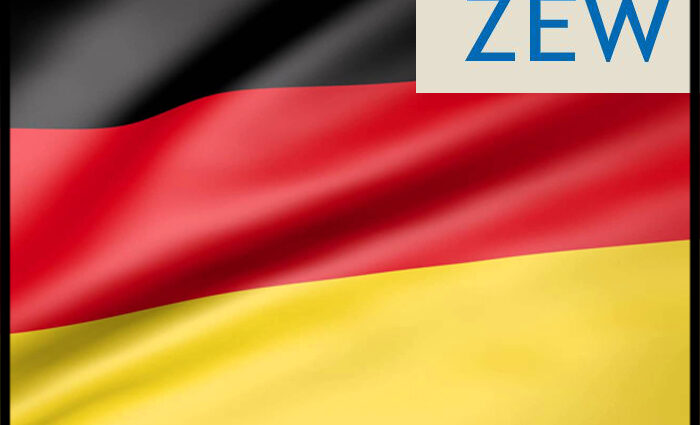Germany’s economic confidence weakened to the lowest since the global financial crisis in 2008, signaling the risk of a recession in the second half of the year, results of a closely watched survey revealed Tuesday.
The economic confidence index dropped to -55.3 in August from -53.8 in July, survey results from the ZEW – Leibniz Centre for European Economic Research showed. This was the lowest score since October 2008, when the reading was -63.0. Economists had forecast the index to remain unchanged at -53.8.
The assessment of the current situation also deteriorated in August, which was down 1.8 points to -47.6. However, the reading was better than economists’ forecast of -48.0.
The financial market experts expect a further decline in the already weak economic growth in Germany, Michael Schröder, researcher at ZEW and head of the ZEW financial market survey said.
The still high inflation rates and the expected additional costs for heating and energy lead to a decrease in profit expectations for the private consumption sector, Schröder noted. In contrast, the expectations for the financial sector are improving due to the supposed further increase in short-term interest rates.
A recession is unavoidable in the second half of this year as the impact of high energy prices on both households and industry takes effect, Capital Economics economist Andrew Kenningham said.
Economic confidence in the euro area weakened in August. The corresponding index dropped 3.8 points to -54.9. Meanwhile, the current situation index gained 2.4 to -42.0.
Further, the survey showed that inflation expectations for the Eurozone rose by 2.1 points in August. With a value of -23.5 points, the indicator remained clearly in negative territory, indicating a reduction of the high inflation rates within the next six months.
Source: Read Full Article
-
Another rate rise? It’s the last thing we need
-
Fear and greed: The consulting sector faces a reckoning
-
U.S. Private Sector Job Growth In September The Slowest Since January 2021
-
Last week I fixed half my home loan. Here are the tricks you should know
-
UK House Prices Fall Most Since 2009; Mortgage Approvals Decline

